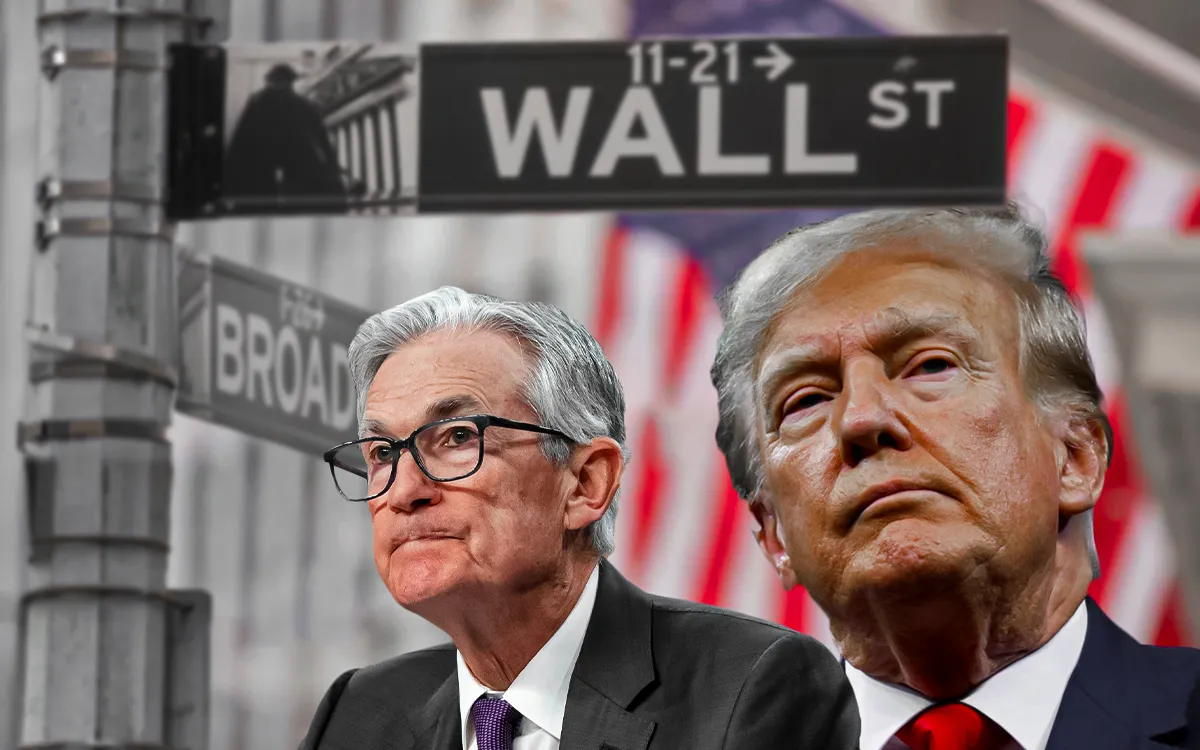
U.S. stock markets sharply fell on April 16, 2025, in reaction to Federal Reserve Chairman Jerome Powell's warning statement on President Donald Trump's latest tariff decisions. Powell underscored that the freshly introduced tariffs cover a larger breadth than previously predicted, potentially promoting increased inflation as well as curbing the momentum of economic expansion. Such an outcome would become a test of the Federal Reserve's two-key mandate of assuring price stability and securing full employment.
Speaking to the Economic Club of Chicago, Powell reaffirmed the uncertainty of the economic impact of the tariffs and stated that the Federal Reserve would proceed cautiously before tightening interest rates. He acknowledged that the inflationary ramifications of the tariffs can be transitory but conceded that there is the possibility of them becoming more rooted and difficult for the central bank to make policy.
Markets responded negatively to Powell's remark, with leading indexes suffering sharp declines. S&P 500 declined 2.2%, driven by warnings from leading technology players such as Nvidia and AMD on the financial effect of fresh U.S. export controls on AI-related items. Nvidia placed its potential losses at up to $5.5 billion from the controls, which fueled investors' worries.
The technology sector, the "Magnificent 7" in particular, felt the greatest pain from the sell-off. Tesla dropped 4.94%, while the shares of Nvidia lost 6.87%. The likes of Apple, Amazon, Meta, and Microsoft also fell by as much as 2% and close to 4% in the loss column. All this captures the fears in the market that the policies of the tariffs would impact the tech industry as a whole and the economy at large.
Powell's comments highlight the challenges the Federal Reserve has in managing the economic scenario under the administration's trade policies. The cautious approach of the central bank points to the requirement for greater clarity on the changing economic conditions before policy adjustments are made. How the evolving scenario plays out, market participants will watch closely the interaction between trade policies, inflationary forces, and the actions of the Federal Reserve.